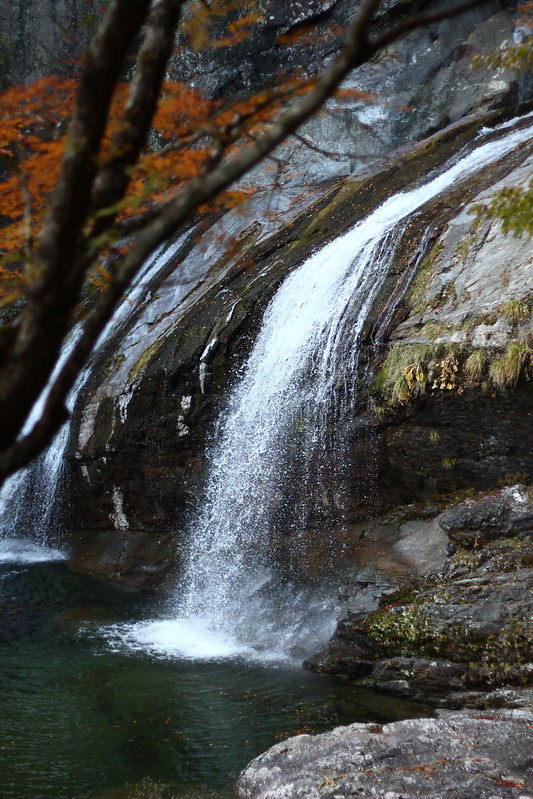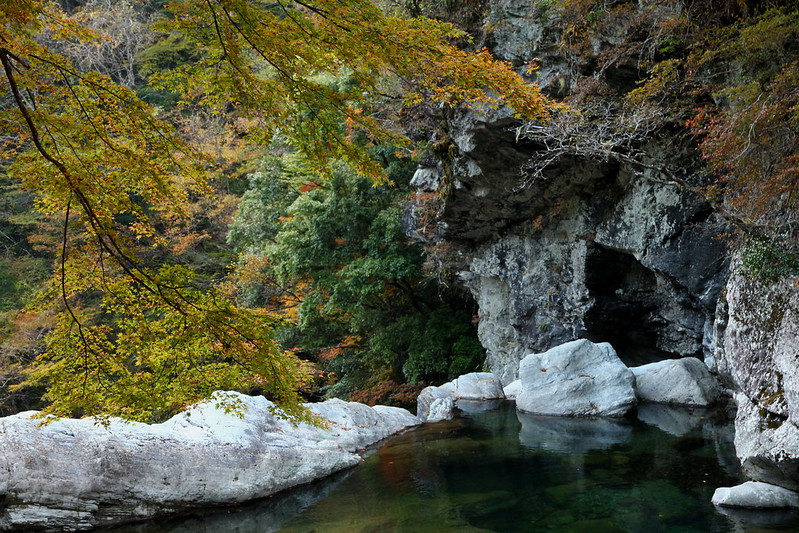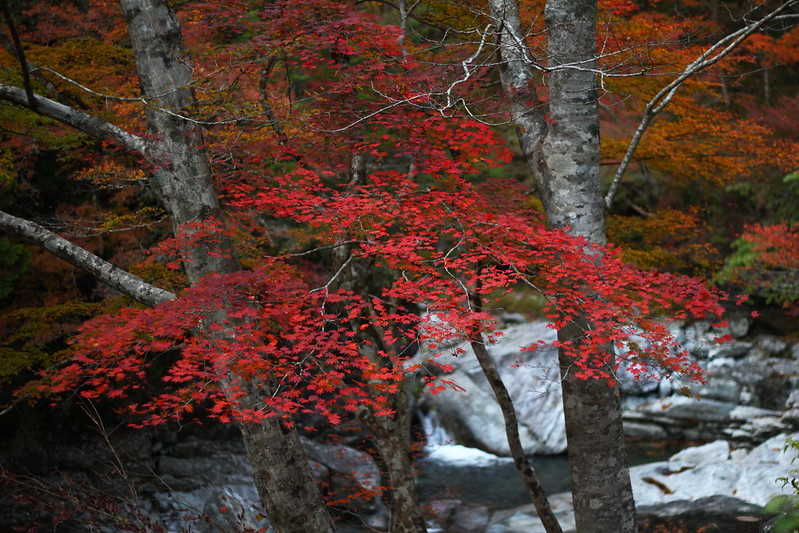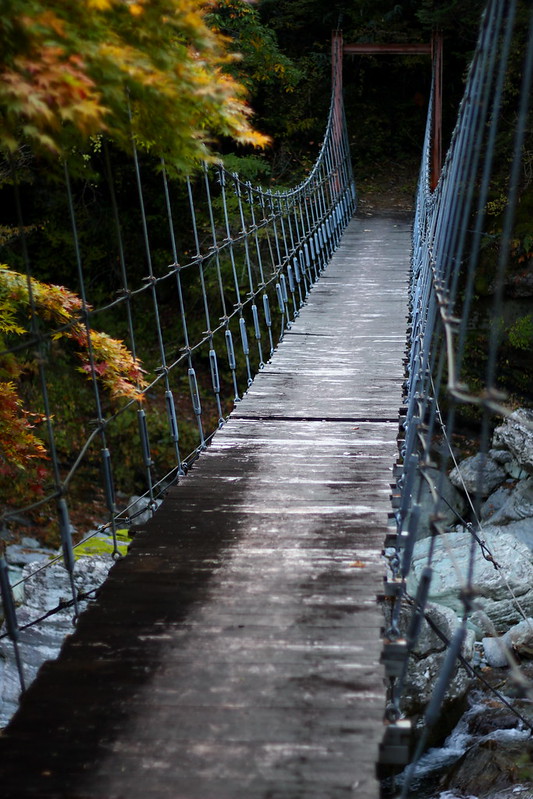
None of this is so bad. Right? Right? I'm not sure who will answer back on that one.

I sure end up in valleys quite often. Escaping the valleys carved in my mind by going to valleys. They continue to be barraged with earthly debris. The process hasn't ceased. My own valleys carry on the same.

How can anyone be happy with fall colors? This never occurred to me before. You just don't notice them and fix the problem.

What a shame I only get to see the curling refuse of maple leaves. Which is better, green or brown?

That poor tree in his quest for life grew himself into an inevitable corner of death. The longer he grows, the heavier he becomes. It all seemed worth the expense of photosynthesis. We all end up at a point where we can only heavily reflect and then fall.

Nobody is tending this roof. Do I prefer it that way?

There are always plenty of dark paths to wander into. Never forget it's half the fun just to light them up though. You don't have to settle in the dark and remember you might be happier to not be a bat. Then again does flying trump the ability of sight?

At least this bridge will never be one of the top three let downs in Japan. For that I'm feeling a bit happier.

Think typical autumn colors and you have hit success on this clever line.

We can't enjoy the crab soba if we keep being too melancholy.

Then we remember how the crabs were smashed and boiled to extract the brown meat floating on top.

Are ya melancholy again? I'm not. My stomach is full.

At once so happy and again so melancholy. Don't let the plants force you to believe it though.























